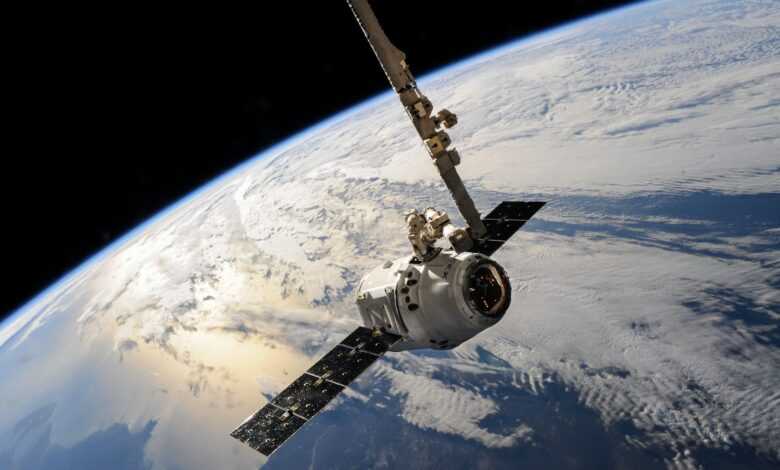
The Future of Space Exploration
Space exploration has been an object of fascination for humans since the first rocket launch in 1957. It has led to incredible achievements, such as the moon landing, the construction of the International Space Station, and the exploration of Mars. However, space exploration is also a topic of debate. Some argue that the cost and risks associated with space exploration outweigh its benefits. In this article, we will examine both sides of the argument to determine whether space exploration is the final frontier or a waste of resources.
Advantages of Space Exploration
Space exploration has numerous advantages. One of the most significant benefits is scientific discovery. Through space exploration, we have learned about the origins of our universe, discovered new planets, and expanded our understanding of the cosmos. Additionally, space exploration has led to technological innovations such as satellite communication, GPS technology, and life-support systems. These innovations have had a significant impact on our daily lives, from weather forecasting to television broadcasting.
Another potential benefit of space exploration is the discovery of new resources. For example, asteroids contain valuable minerals such as platinum and gold that could be used to sustainably meet our resource needs on Earth. Furthermore, space exploration can contribute to national pride and promote international cooperation, as seen with the International Space Station.
Disadvantages of Space Exploration
While space exploration has many benefits, it also has its drawbacks. One of the most significant drawbacks is cost. Space exploration is a costly endeavour, with missions requiring significant investments of time, resources, and money. Moreover, the risks associated with space exploration cannot be ignored. Astronauts face significant risks, including radiation exposure, loss of muscle mass, and psychological stress. Additionally, there is always the potential for catastrophic accidents, as demonstrated by the Challenger and Columbia disasters.
Space exploration can also raise ethical concerns. For example, the allocation of resources towards space exploration can be seen as an unjust distribution of resources, particularly given the pressing challenges facing our planet such as climate change, poverty, and inequality. There are also concerns about the environmental impact of space exploration, such as space debris that can threaten the safety of future missions.
Critics argue that space exploration is a luxury we cannot afford. They point to the significant cost and risks associated with space exploration and argue that the resources allocated to space exploration would be better spent addressing the pressing issues facing our planet. For example, the money spent on space exploration could be used to combat poverty, promote education, or invest in renewable energy sources.
Critics also argue that space exploration can perpetuate inequality. For example, space exploration is often driven by competition between nations, with wealthier countries having an advantage over poorer nations. This can lead to a situation where space exploration benefits a select few while leaving others behind.
The debate over the future of space exploration is complex. While space exploration has numerous benefits, it also has significant drawbacks. It is essential to carefully weigh the potential benefits and costs of space exploration and ensure that our efforts in space are aligned with our values and priorities as a global community. As we continue to explore the final frontier, we must strive to minimize the risks and maximize the benefits of space exploration, keeping in mind the pressing challenges facing our planet.




